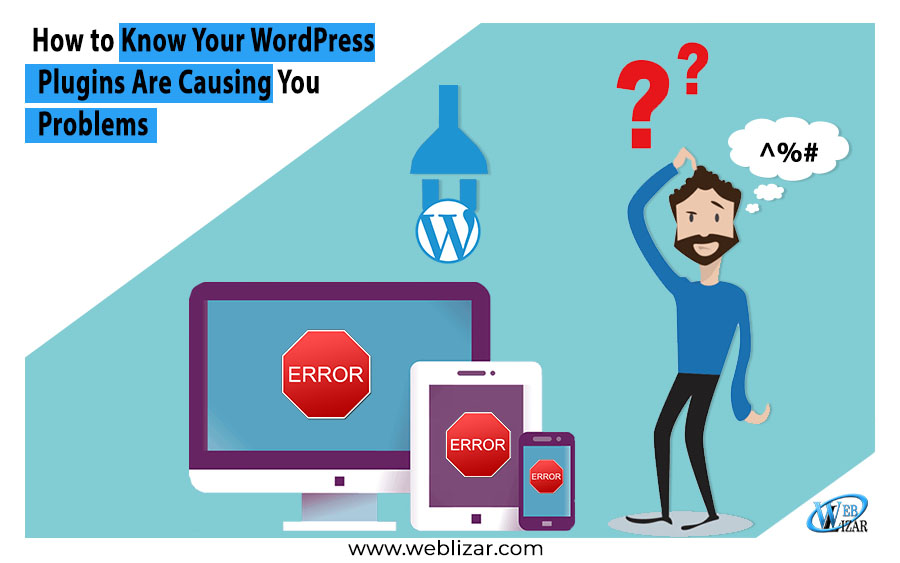One of the major selling points of WordPress as a website builder and content management system is its incredible customizability by using plugins. WordPress itself comes full of very useful features that would, on their own, be enough to create and run a website. But if you want to run the website well in a competitive environment, you will need to use plugins to extend WordPress’ functionalities.
And there’s plenty of plugins you can choose. WordPress is the platform that powers three out of ten websites, which makes it the most widely-adopted website platform. It only makes sense that, with so many users, there would be an ocean of plugins aiming to give those users the exact thing they wanted from WordPress but weren’t able to find it. Because these plugins can be very useful to you, it’s perfectly natural that you’re tempted to install a lot of them. But there is such a thing as installing too many WordPress plugins. Kind of.
How Many WordPress Plugins Is Too Many?
If you’re looking for a magic number of WordPress plugins you could install without causing your website any troubles, you’re bound for a disappointment. There’s no such number. You can install fifty plugins, and your website can be working perfectly well. On the other hand, you can install as few as two, and notice that something is wrong with your website.
It’s not a number you should be looking at when trying to determine whether your WordPress plugins are the cause of any issues you might be having with your website. You should look into how the plugins use the resources your WordPress hosting options allocate to it. You should also find the plugins that are clashing against each other. Some plugins might be out of data, and that can cause an issue. And while the number of plugins alone isn’t at fault, too many plugins that run concurrently might drain too many of your server resources.
Site Performance Issues
You want your website to load quickly, fully, and every single time someone visits it. When it stops doing that, your website is starting to cause trouble. Even if people can access your website, they will not want to wait around for too long if it loads slowly. Your goal should be to have a website that loads in two seconds or less. Anything more than that, and you will start seeing visitors browse away.
As you add plugins to your website, your server and the visitor’s browser will get a large load to handle. That takes time, which can easily cause a slowdown. In some cases, if the plugins you use can’t work together, your website might not be able to load at all. If you notice that your website is having performance issues and you use WordPress plugins, you should check them for compatibility, resource use, and poor coding.
Security Issues
The Internet is becoming an increasingly unsafe place. With the number of widespread attacks rising, security is now one of the major concerns of web design. If you have a WordPress website, one of the security holes you should make sure to plug quickly are the plugins you use.
Cross-site scripting is a source of major WordPress vulnerabilities. It is possible that the plugin you installed had some malicious code added to it, compromising your website’s security for as long as you have the script installed. Outdated plugins are another source of security concerns because they might have vulnerabilities that will enable bad actors to attack your website. Other things can cause safety issues, too. But when the security of your website is at stake, you should always treat plugins as possible culprits.
Lack of Reliability and Difficulty of Usage
Between the security and performance issues, a WordPress website can become extremely unreliable thanks to poorly written and optimized plugins. Website crashes can happen often due to poorly coded plugins. A free plugin will often have a bug or two, but bad coding can run your website into the ground like nothing else.
And that’s without mentioning that, the more plugins you have, the more complicated it can get to manage the website. A webmaster who knows what they are doing will only install reputable plugins they need for specific purposes. Someone who doesn’t know what they’re doing will install anything that looks useful or interesting. If your plugins are making it difficult to administrate your website, that’s as sure of a sign as any that the plugins are causing you problems. Even though they might not necessarily be at fault.

